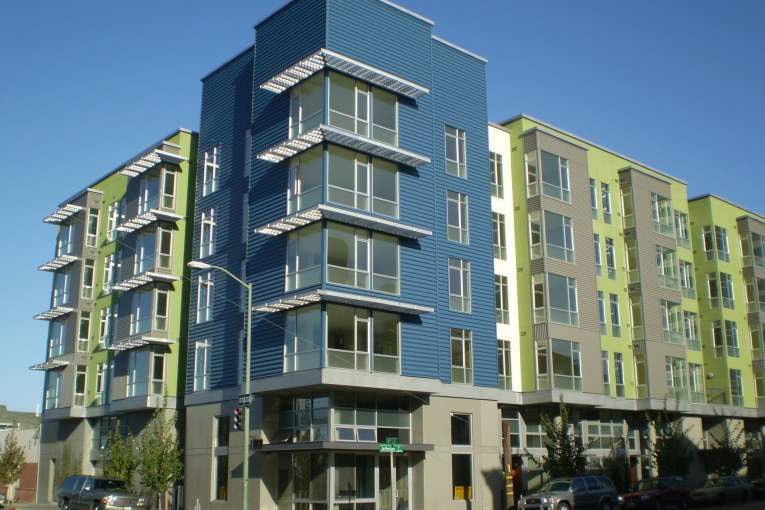
 Yesterday’s article cited the staff report on the Affordable Housing Workshop, which noted a court decision which held that the Costa-Hawkins Act “precludes local governments from requiring a developer to set affordable rental levels in private rental housing units unless the developer agrees to do so in exchange for financial assistance or other consideration from the local government.”
Yesterday’s article cited the staff report on the Affordable Housing Workshop, which noted a court decision which held that the Costa-Hawkins Act “precludes local governments from requiring a developer to set affordable rental levels in private rental housing units unless the developer agrees to do so in exchange for financial assistance or other consideration from the local government.”
Under that ruling, in the staff’s view, the city is precluded from “requiring a developer to set affordable rent levels for private rental housing unless the developer has agreed to such rental restrictions in exchange for financial assistance or other considerations from the local government.”
However, the governor signed into law AB 1505 which creates a legislative
fix for the problem as it “restores the long-‐standing authority of local governments to choose to require the inclusion of affordable rental units as one component of their local inclusionary housing policies, if they choose to adopt such policies.”
“Housing costs across the state have increased exponentially and absent corrective action there is no end in sight,” said Assemblymember Richard Bloom, the author of AB 1505. “Given our state’s severe housing crisis, it is critical that we give local governments every tool to address affordable housing needs. This bill returns one of our most important and effective tools.”
Inclusionary policies have been utilized in California for decades, dating back to the late 1970s and have proven to be effective tools for producing affordable housing for working families and  creating strong, diverse neighborhoods with a range of housing options. Approximately 170 cities and counties have some form of inclusionary housing requirement in place as a complement to other local, state and federal programs to address California’s affordable housing shortage.
creating strong, diverse neighborhoods with a range of housing options. Approximately 170 cities and counties have some form of inclusionary housing requirement in place as a complement to other local, state and federal programs to address California’s affordable housing shortage.
“Unfortunately, an appellate court decision—Palmer/Sixth Street Properties L.P. v. City of Los Angeles, 175 Cal. App. 4th 1396 (2009)—cut off one crucial option for local governments: the ability to apply inclusionary policies to rental housing,” according to a release from Assemblymember Bloom.
“The Palmer court improperly conflated rent control, which is regulated by the state’s Costa Hawkins act, and deed-restricted affordable housing, which is not, creating uncertainty and confusion for local governments and housing advocates regarding the future viability of this important and well-established local land use tool.”
In response, “AB 1505 was introduced to narrowly focus on allowing local inclusionary polices to require the provision of affordable rental housing if so desired locally, effectively restoring the law as it stood prior to 2009. AB 1505 does not give local governments any new authority that they did not have prior to 2009, nor does it constrain or dictate in any way what local inclusionary policies should look like.”
Under AB 1505, inclusionary housing remains a local decision, with input from local stakeholders, to determine what mix of policies, if any, make sense for their community.
AB 1505 was sponsored by the California Housing Consortium, California Rural Legal Assistance Foundation, Housing California, Non-Profit Housing Association of Northern California and the Western Center on Law and Poverty.
“After many months of negotiations with various stakeholders, legislators, and the Governor, we finally have a comprehensive plan to combat California’s affordable housing crisis. While we have much more work to do, AB 1505 and the many other bills we have passed to provide funding and improve zoning and permitting laws serve as a significant first step,” added Assemblymember Bloom.
—David M. Greenwald reporting

